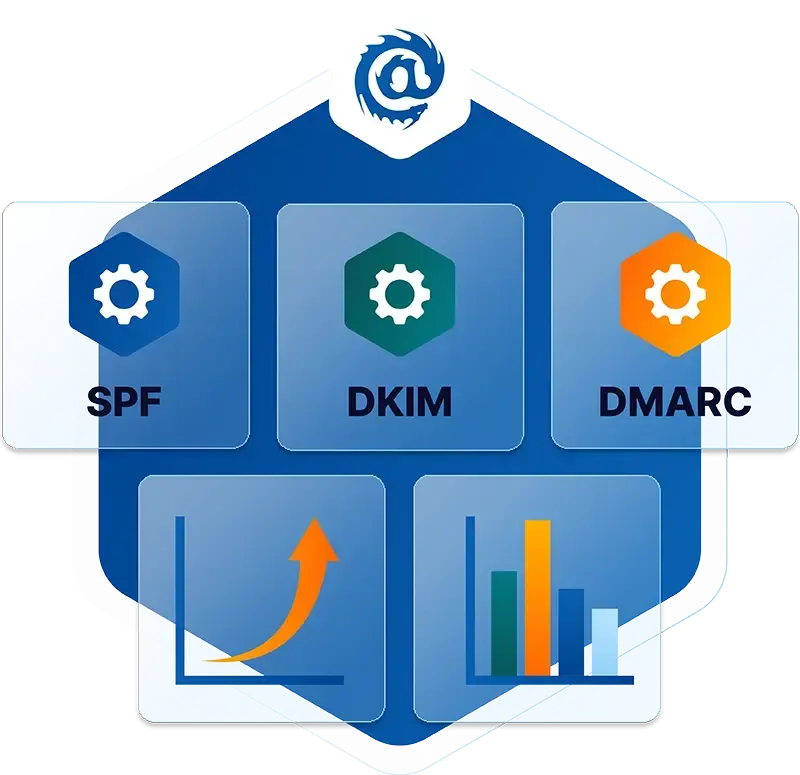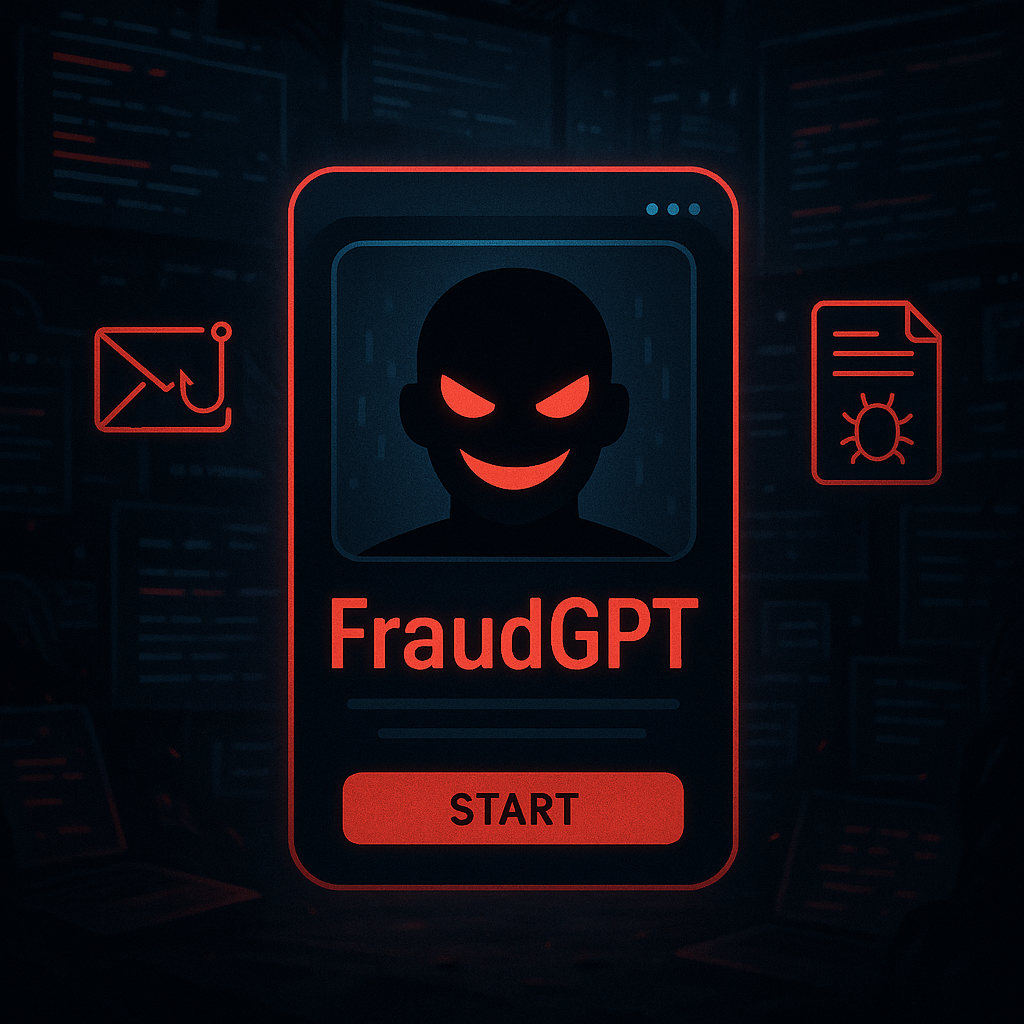Table of Contents
Log4j Exploit Explained
Log4j is an open-source logging library that is widely used by software applications and online services to track and record system activities and events. It is part of the Apache Logging Services Project, developed by the Apache Software Foundation. The library provides developers with a powerful tool to generate logs for various purposes, including debugging, performance monitoring, and security analysis.
What is the vulnerability?
Recently, a critical vulnerability was discovered in Log4j, a widely used open-source logging library employed by numerous applications and services on the internet. Exploiting this vulnerability can enable attackers to infiltrate systems, steal sensitive information such as passwords and login credentials, extract data, and introduce malicious software into networks.
The impact of Log4j extends globally, as it is utilized in software applications and online services across different industries. The concerning aspect is that exploiting this vulnerability does not require significant expertise, making Log4Shell one of the most serious computer vulnerabilities in recent years.
Who is at risk?
The vast majority of software incorporates some form of logging capability for development, operational, and security purposes, with Log4j being a prevalent component in this regard.
- For individuals, Log4j is almost certainly present in the devices and online services they utilize on a daily basis. To safeguard oneself, it is crucial to ensure that devices and applications are promptly updated and regularly maintained, particularly in the upcoming weeks.
- For organizations, determining whether web servers, web applications, network devices, and other software and hardware employ Log4j might not be immediately evident. This underscores the importance of organizations heeding our advice, as well as that of their software vendors, and implementing necessary mitigations to address the vulnerability
Businesses and Systems Affected by Log4j
The Log4j vulnerability has widespread implications and can affect various businesses and systems across different industries. Here are some examples of affected entities:
-
Software Applications: Log4j is commonly used as a logging component in software applications developed by organizations. This includes both in-house applications and those provided by third-party vendors. It is essential for organizations to identify if their applications rely on Log4j and take necessary actions to mitigate the vulnerability.
-
Web Servers and Web Applications: Many web servers and web applications employ Log4j for logging purposes. This vulnerability puts these systems at risk of exploitation if they are not promptly updated with the latest Log4j version.
-
Network Devices: Log4j might also be present in network devices and infrastructure components used by organizations. It is crucial for organizations to assess if their network devices utilize Log4j and apply the appropriate mitigations or updates.
-
Cloud Services: Various cloud services and platforms utilize Log4j, including those provided by major cloud providers. Organizations using these services need to ensure that their cloud environments are protected against the Log4j vulnerability.
-
Government Systems: Government agencies and their associated systems can be affected by the Log4j vulnerability. Governments worldwide have issued directives and advisories to address the issue and mitigate the risks posed by Log4j.
These examples are not exhaustive, as Log4j is widely employed in diverse software and technology environments. It is essential for businesses and organizations to assess their systems and determine if Log4j is present in their software stack.
Government Response to Log4j
Governments worldwide have responded to the Log4j vulnerability with various initiatives and directives to protect critical systems and infrastructure. Here is an overview of the U.S. government's response:
-
Cybersecurity and Infrastructure Security Agency (CISA): CISA issued Emergency Directive 22-02, which mandated U.S. federal government agencies to mitigate, patch, or remove all applications and services affected by the Log4j vulnerability. Federal agencies were required to report on affected applications to CISA by a specific deadline.
-
Federal Trade Commission (FTC): The FTC warned companies about the Log4j vulnerability and urged them to take immediate action to address the issue. The FTC emphasized that failure to mitigate the vulnerability could lead to negative consequences for organizations.
-
Monitoring and Reporting: Government agencies, including CISA, have been closely monitoring the Log4j situation and its impact on critical infrastructure. Ongoing reporting and assessment of the vulnerability's effects are being conducted to inform policymakers and take appropriate measures to safeguard government systems.
These actions demonstrate the seriousness with which governments are addressing the Log4j vulnerability and their commitment to protecting critical systems and data.
Note: The government responses described here focus on the U.S. government; however, governments worldwide have taken similar actions to mitigate the Log4j vulnerability and safeguard their respective systems. For more information on the CISA in response to Log4j visit here.
Explore More Articles
Say goodbye to Phishing, BEC, and QR code attacks. Our Adaptive AI automatically learns and evolves to keep your employees safe from email attacks.

/Concentrix%20Case%20Study.webp?width=568&height=326&name=Concentrix%20Case%20Study.webp)












